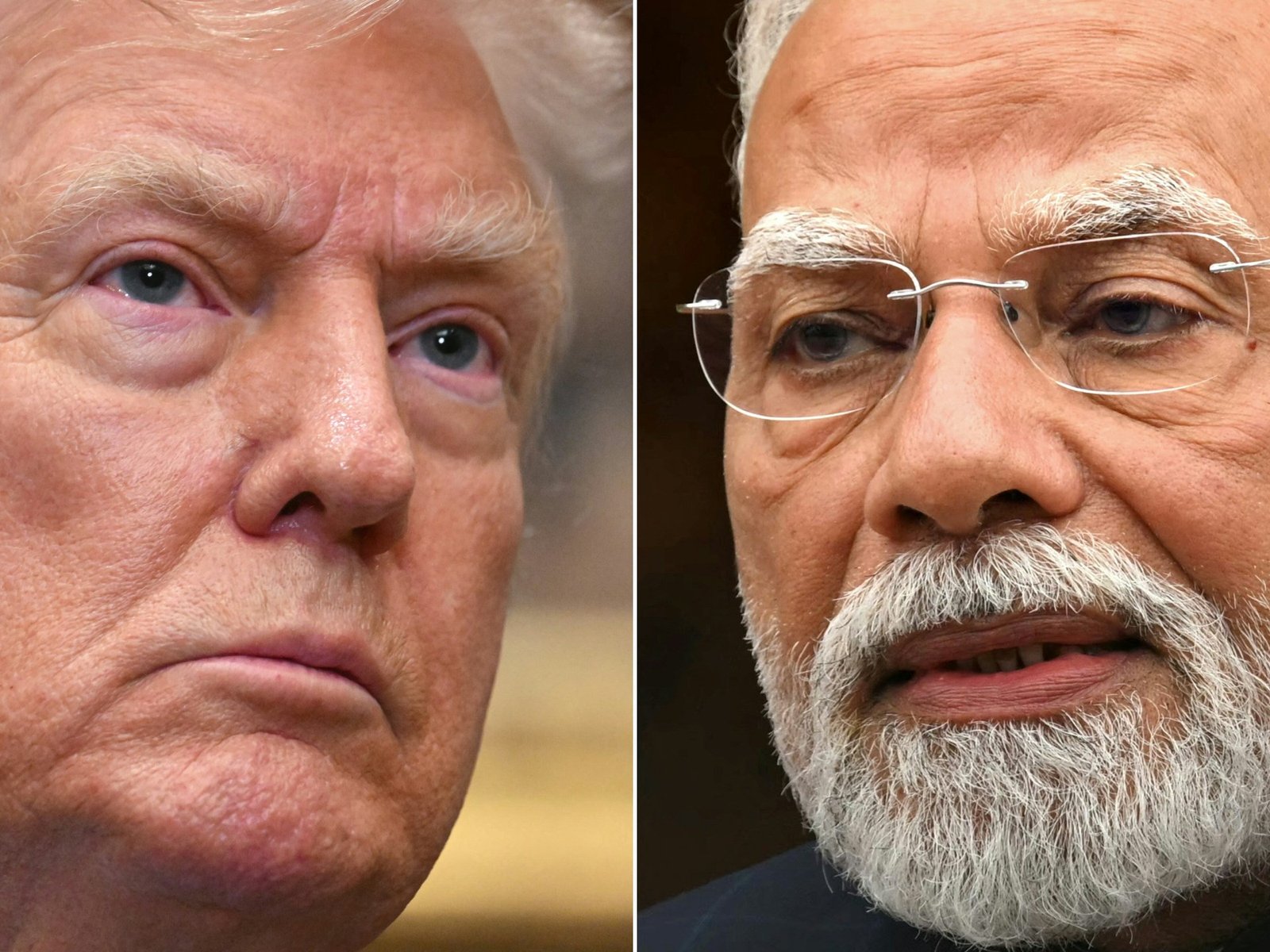Concerns Arise Over H-1B Visa Fee Implementation in 2025
Nasscom, India’s premier trade association, has raised alarms regarding the recent introduction of a $100,000 annual fee on H-1B worker visas in the United States. This fee, with a rushed implementation timeline of just one day, poses significant worries for the innovation ecosystem in the U.S. and the global job market.
Representing India’s massive $283 billion IT and business process outsourcing sector, Nasscom expressed its unease following the policy announcement by U.S. President Donald Trump. The sudden enforcement of this fee is expected to disrupt operations for Indian technology firms and complicate ongoing onshore projects, affecting thousands of professionals and students around the world.
In a statement released shortly after the announcement, Nasscom highlighted that “a one-day deadline introduces substantial uncertainty for businesses across the globe.” The new fee takes effect immediately, and experts warn it may have far-reaching implications for the industry.
H-1B visas serve as a gateway for U.S. companies to hire international specialists—ranging from engineers and scientists to IT professionals—for periods of three to six years. Last year, Indian nationals received 71% of these visas, signifying the country’s critical role in America’s tech landscape.
In conjunction with the H-1B changes, a $1 million “gold card” residency program was also unveiled. This policy shift is expected to face legal challenges, as many fear it could drastically alter the H-1B system that has been established since 1990, which currently issues 85,000 visas annually through a lottery.
Nasscom cautioned that this abrupt policy change could create “ripple effects” on employment and innovation, emphasizing that organizations require sufficient transition time to adjust effectively. While U.S. officials argue that the fee will ensure only the most highly skilled workers are sponsored, critics suggest it may drive companies to relocate vital work abroad, potentially undermining America’s competitive edge in the rapidly evolving AI sector.
Notable figures, including entrepreneur Elon Musk, have echoed concerns, asserting that the nation lacks sufficient domestic talent to fill key roles in technology. Despite this, Commerce Secretary Howard Lutnick assured that “all major corporations support these initiatives”.
California remains the state with the highest number of H-1B visa holders, according to the U.S. Citizenship and Immigration Services. Following the fee announcement, prominent U.S. companies like Microsoft, Amazon, and JPMorgan have advised their H-1B employees to remain in the country, signaling the significant impact this fee could have.
As these developments unfold, South Korea’s foreign ministry stated it would evaluate the ramifications of the new policies on its ability to advance its professionals and businesses in the U.S. market, particularly in light of recent immigration issues affecting South Korean nationals in the United States.
This latest move marks one of the most significant reforms to the U.S. temporary employment visa framework under the Trump administration, amidst a broader crackdown on immigration policies since taking office in January 2025.

